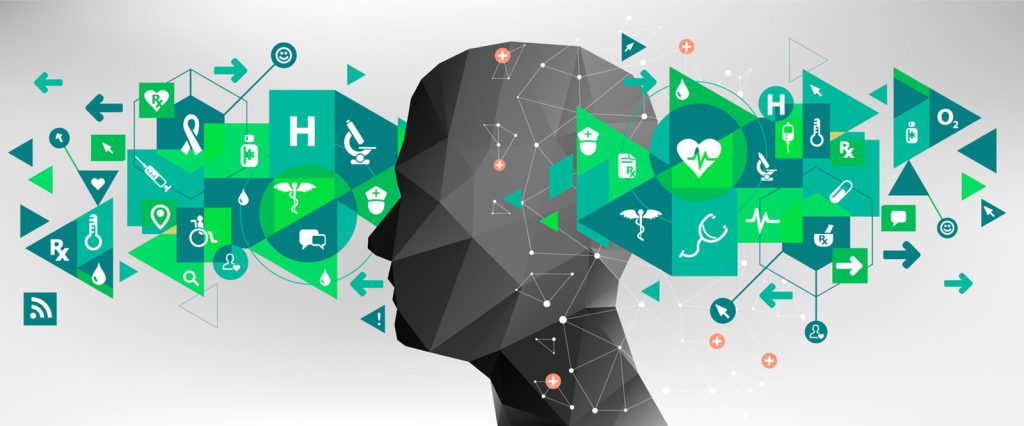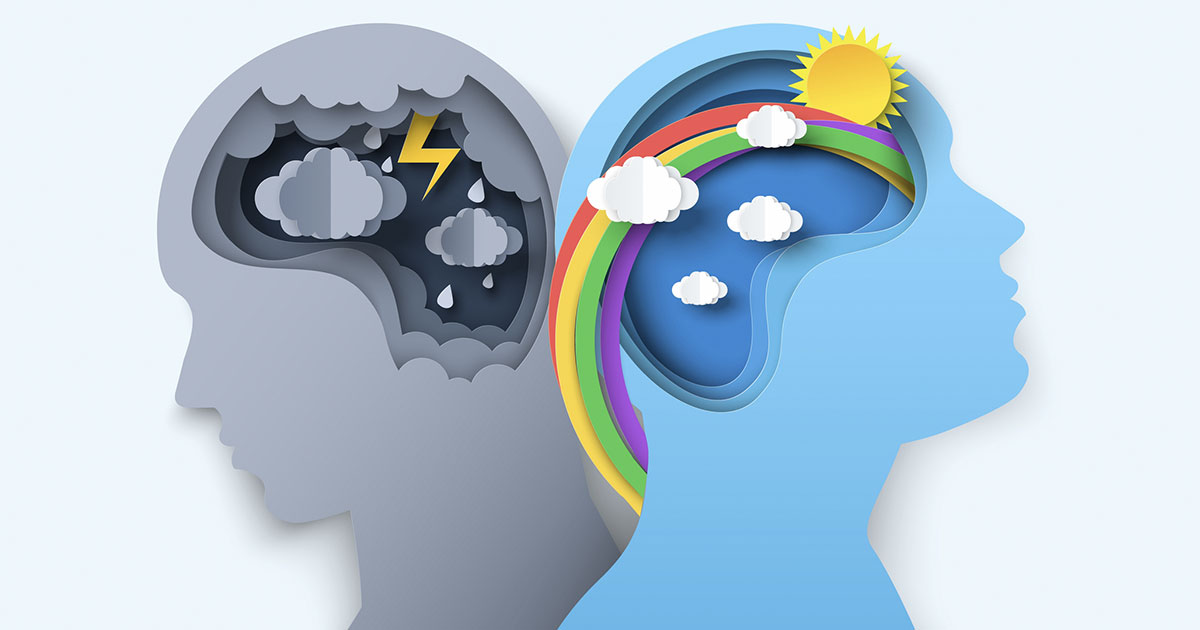“Mental Health Awareness Month,” observed in May each year, is a time dedicated to raising awareness about mental health issues, promoting mental wellness, and reducing the stigma surrounding mental illness. During this month, various organizations, mental health advocates, healthcare professionals, and community groups engage in activities and campaigns to educate the public about mental health and offer support to those affected by mental health conditions.
The goals of Mental Health Awareness Month include:
Increasing Understanding: Educating the public about mental health conditions, their prevalence, symptoms, and available treatments.
Promoting Mental Wellness: Encouraging practices and behaviors that support mental well-being, such as self-care, stress management, healthy coping strategies, and seeking help when needed.
Reducing Stigma: Addressing the stigma and discrimination associated with mental illness by fostering open conversations, challenging stereotypes, and promoting acceptance and support for individuals facing mental health issues.
Advocating for Resources and Support: Advocating for increased access to mental health services, funding for research and treatment, and supportive policies at the local, national, and international levels.
Offering Support and Encouragement: Providing resources, information, and support to individuals and families affected by mental health conditions.

Future of Mental Health Treatment
The future of mental health treatment advances look promising with ongoing research, technological advancements, and societal shifts. There are some trends and emerging developments that experts anticipate will shape the future of mental health care. Here are some potential changes, supported by insights from reputable sources:
Digital Mental Health Solutions: The use of digital platforms for mental health treatment is expected to expand. According to a report by Grand View Research, Inc., the global digital mental health market is projected to reach $4.6 billion by 2028, driven by factors such as increased smartphone penetration, rising demand for remote services, and the growing acceptance of digital therapeutics.
Teletherapy and Telepsychiatry: The COVID-19 pandemic accelerated the adoption of telehealth for mental health services. A study published in JAMA Psychiatry suggests that teletherapy will likely remain a significant component of mental health care delivery even after the pandemic, offering increased accessibility and convenience for patients.
Personalized Treatment Approaches: Advances in genetics, neuroscience, and digital health technologies are paving the way for personalized mental health treatments. A review published in Nature Medicine highlights the potential of precision psychiatry, where treatment decisions are tailored to individual characteristics such as genetics, brain imaging, and biomarkers.
Innovative Therapeutic Modalities: Emerging treatments such as psychedelic-assisted therapy, ketamine infusion therapy, and neuromodulation techniques hold promise for addressing treatment-resistant mental health conditions. Research published in JAMA Psychiatry suggests that these therapies could revolutionize the field by offering new options for individuals who do not respond to traditional treatments.
Integration of Traditional and Alternative Therapies: Integrating complementary and alternative therapies with conventional mental health treatments is gaining traction. The National Center for Complementary and Integrative Health (NCCIH) supports research on approaches like mindfulness meditation, yoga, and acupuncture, recognizing their potential benefits for mental well-being.
Cultural Competency and Diversity: Mental health care providers are increasingly recognizing the importance of cultural competency and diversity in delivering effective care. The American Psychological Association (APA) emphasizes the need for culturally sensitive approaches to address disparities in access, treatment outcomes, and patient experiences.
Destigmatization Efforts: Efforts to reduce stigma surrounding mental illness continue to be a priority. The World Health Organization (WHO) advocates for public education campaigns, policy initiatives, and community-based interventions to challenge stereotypes and promote acceptance of mental health issues.
While these predictions are based on current trends and expert insights, it’s essential to recognize that the landscape of mental health treatment may evolve in unexpected ways over the next decade, influenced by factors such as technological breakthroughs, policy changes, and societal attitudes.
©2024HealthSpot

